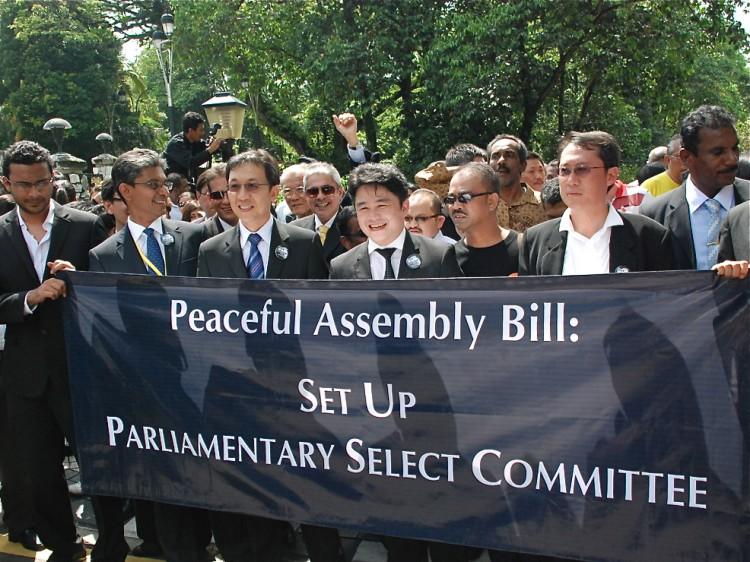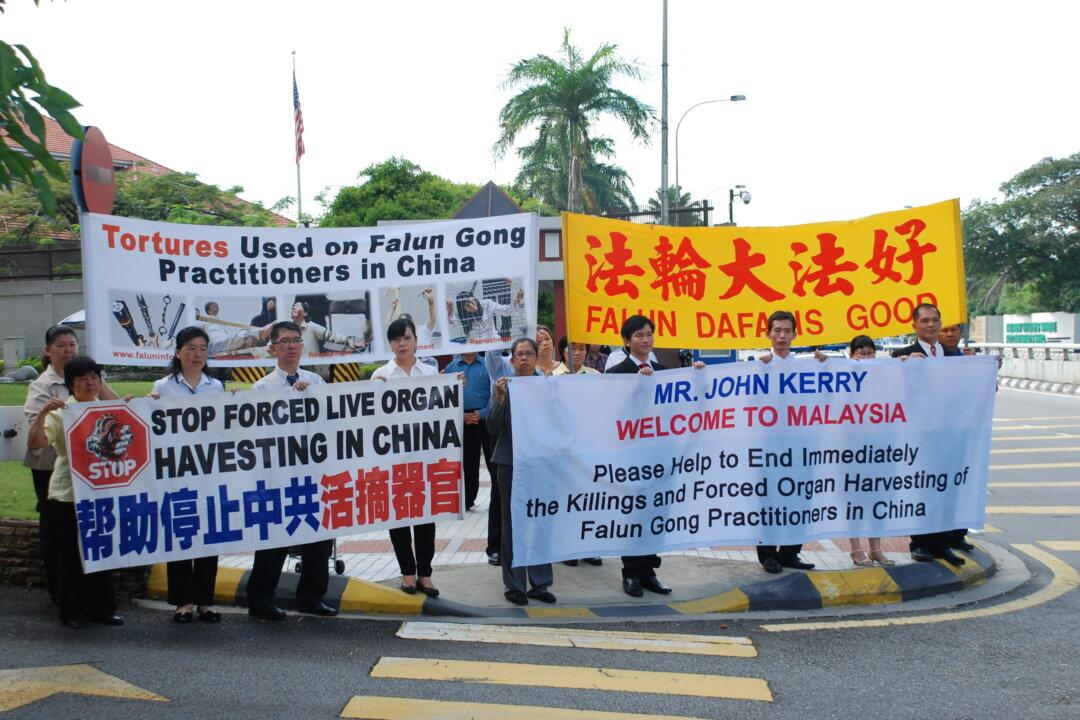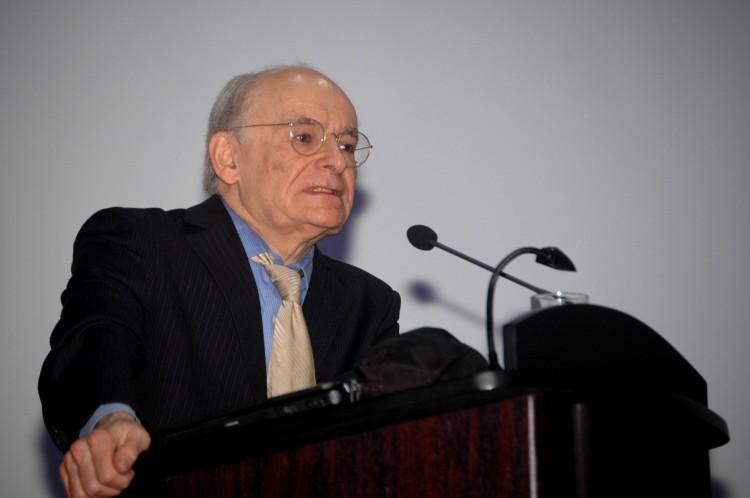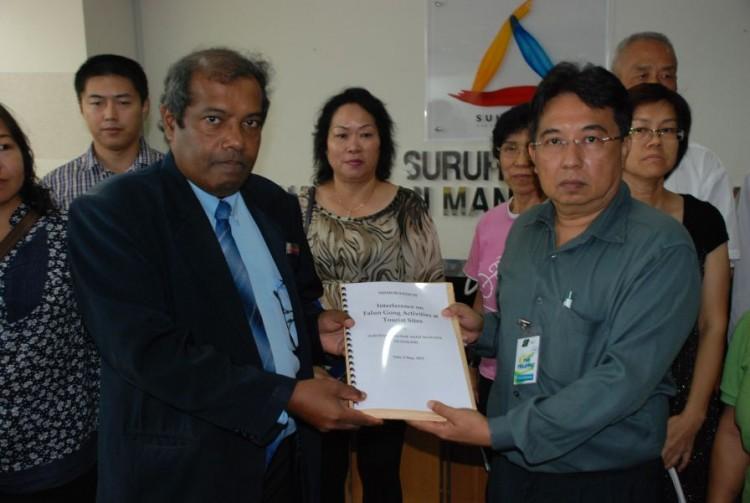KUALA LUMPUR—About 1,000 Malaysian lawyers marched to Parliament House Tuesday to oppose the new Peaceful Assembly Bill 2011 (PA 2011). They also submitted their own alternative version and called for a parliamentary select committee to review PA 2011 before passing it.
Dressed in formal court attire despite the hot afternoon sun, the lawyers gathered before starting a Walk for Freedom rally organized by the Bar Council.
The bar’s proposed amendments to PA 2011 were successfully delivered by Lim Chee Wee, president of the Bar Council, to Datuk Liew Vui Keong, deputy minister in the prime minister’s department.
Despite the opposition, the Malaysian Senate passed PA 2011 on Tuesday after six amendments were made. The opposition politicians staged a walkout in protest and refused to take part in the debate.
The bill has been condemned by critics as not being in the public’s interest and something that will cripple the public’s ability to stage justifiable protests—like the one organized Tuesday by the lawyers.






